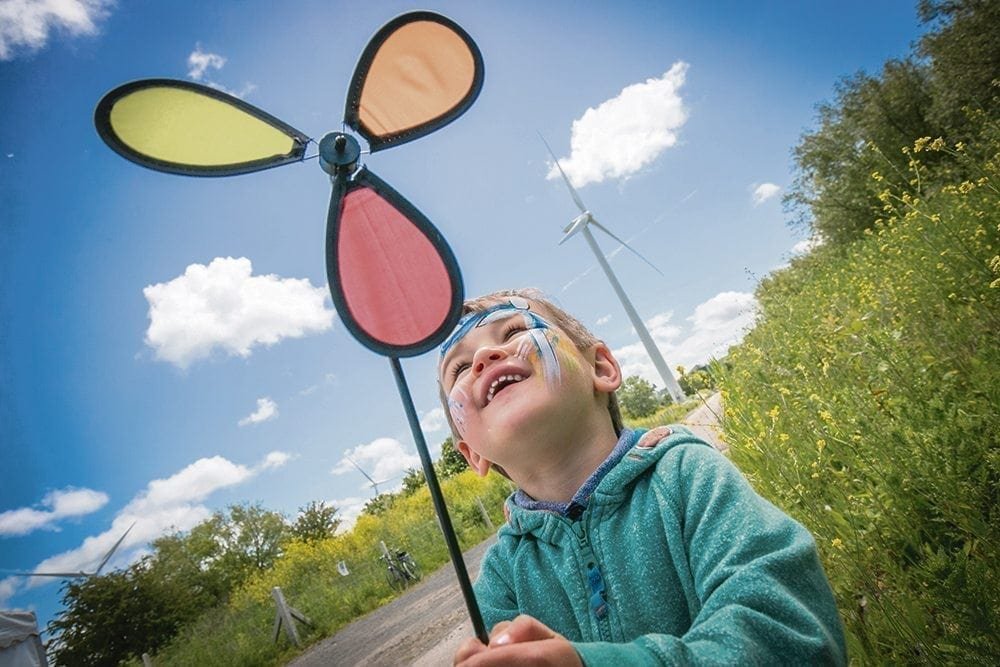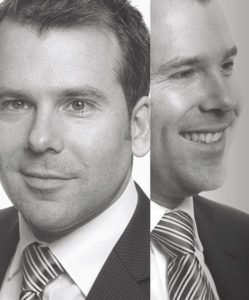To provide the best experiences, we use technologies like cookies to store and/or access device information. Consenting to these technologies will allow us to process data such as browsing behaviour or unique IDs on this site. Not consenting or withdrawing consent, may adversely affect certain features and functions.
The technical storage or access is strictly necessary for the legitimate purpose of enabling the use of a specific service explicitly requested by the subscriber or user, or for the sole purpose of carrying out the transmission of a communication over an electronic communications network.
The technical storage or access is necessary for the legitimate purpose of storing preferences that are not requested by the subscriber or user.
The technical storage or access that is used exclusively for statistical purposes.
The technical storage or access that is used exclusively for anonymous statistical purposes. Without a subpoena, voluntary compliance on the part of your Internet Service Provider, or additional records from a third party, information stored or retrieved for this purpose alone cannot usually be used to identify you.
The technical storage or access is required to create user profiles to send advertising, or to track the user on a website or across several websites for similar marketing purposes.
 Play Video about This Rock Might Just Save The World
Play Video about This Rock Might Just Save The World Play Video about Play 2 hours of rock
Play Video about Play 2 hours of rock Play Video about Play 2 hours of brook
Play Video about Play 2 hours of brook Play Video about Play 2 hours of sheep
Play Video about Play 2 hours of sheep


















 Triodos Bank was set up in the Netherlands in 1980, when its four founders identified solutions to the problems plaguing the mainstream banking sector. They realised that money could be used much more consciously and decided to set up a different kind of bank: instead of pursuing profit for profit’s sake, Triodos Bank would use money to make a positive difference and support sustainable development.
Triodos Bank was set up in the Netherlands in 1980, when its four founders identified solutions to the problems plaguing the mainstream banking sector. They realised that money could be used much more consciously and decided to set up a different kind of bank: instead of pursuing profit for profit’s sake, Triodos Bank would use money to make a positive difference and support sustainable development. All banks must have a credible product range and offer security and stability to their customers: what makes Triodos Bank different is its transparency.
All banks must have a credible product range and offer security and stability to their customers: what makes Triodos Bank different is its transparency.
























